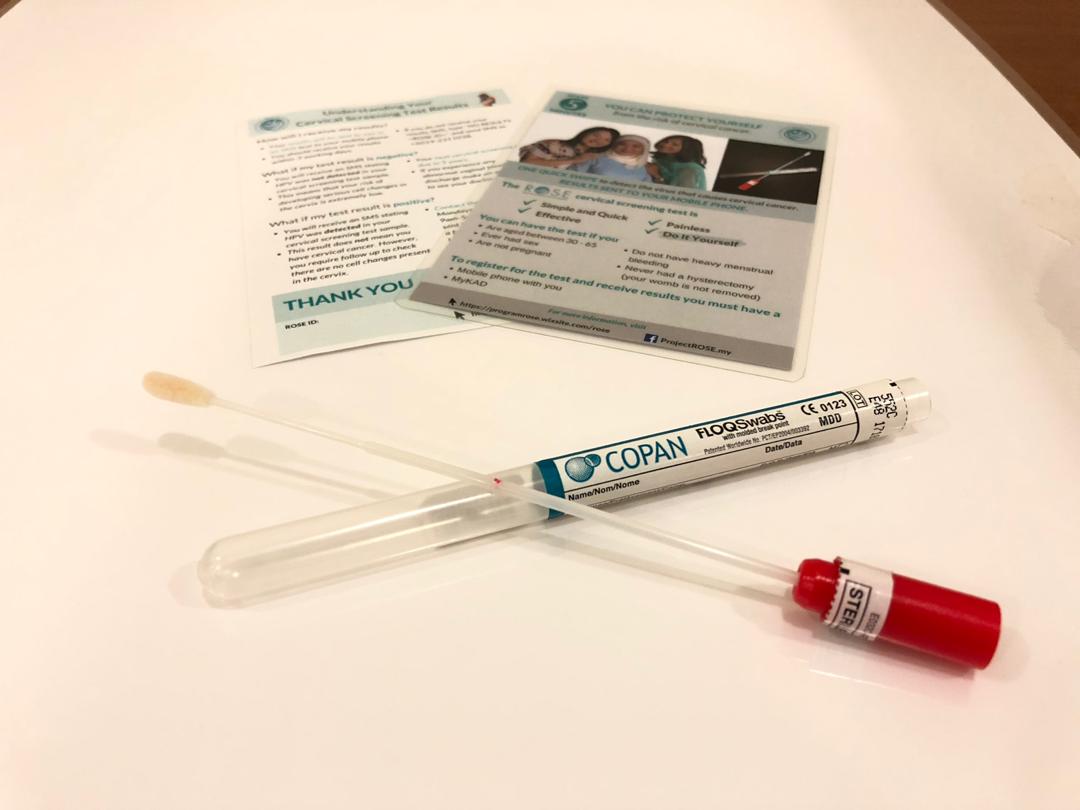KUALA LUMPUR, Oct 7 – The government has allocated RM11 million under the 2023 federal budget to increase subsidised screenings for breast and cervical cancer.
Finance Minister Tengku Zafrul Aziz said that the funding for cervical cancer screenings is for the PCR screening method initiated by ROSE Foundation in conjunction with Universiti Malaya and Universiti Malaysia Sarawak (Unimas).
“Based on the 2012 to 2016 cancer registry report, breast cancer is the main cancer among women, contributing to one-third of cases,” Zafrul said when tabling Budget 2023 in Parliament today.
“Next year, the government will increase mammograms and cervical cancer screenings with RM11 million. The implementation of cervical cancer screening through PCR screening will be led by ROSE Foundation, in collaboration with Universiti Malaya and Universiti Malaysia Sarawak.”
The three components of Program ROSE are self-sampling, HPV DNA testing, and the use of a mobile e-platform. Women are provided with a personal test kit which allows them to carry out the HPV test themselves. Their samples are then sent to the ROSE Laboratory for HPV testing.
Results of the HPV test are communicated to the women via mobile phone and those with a positive test result are linked to a government hospital for appropriate follow-up.
The unique feature of the programme is that this is not merely a self-screening test but with the use of digital technology, all women who test positive for HPV DNA are linked to care and receive appropriate management.
Unlike a conventional pap smear which involves a yearly pelvic examination, Program ROSE offers women the dignified choice of using a self-swab; a quick, convenient and effective approach to enable molecular tests to be undertaken, followed by prompt delivery of results.
According to the Malaysia National Cancer Registry Report (MNCRR) 2012-2016, roughly 34 women out of 100,000 got breast cancer from 2012 to 2016, compared to about 31 women from 2007 to 2011.
Malaysia, however, reported a decrease in new cervical cancer cases, from close to eight of every 100,000 women contracting cervical cancer from 2007 to 2011, down to roughly six of every 100,000 women for the 2012 to 2016 period.








